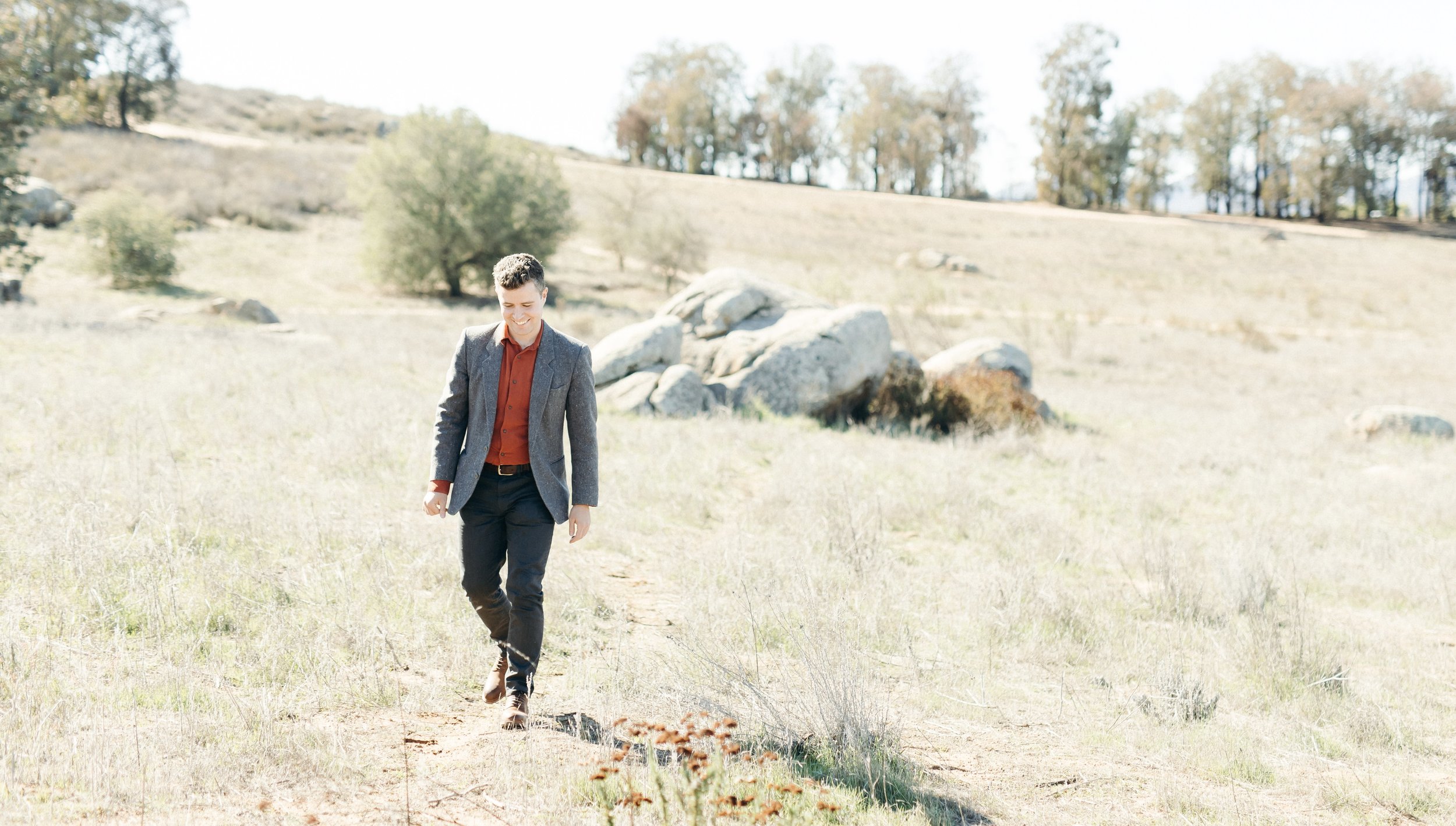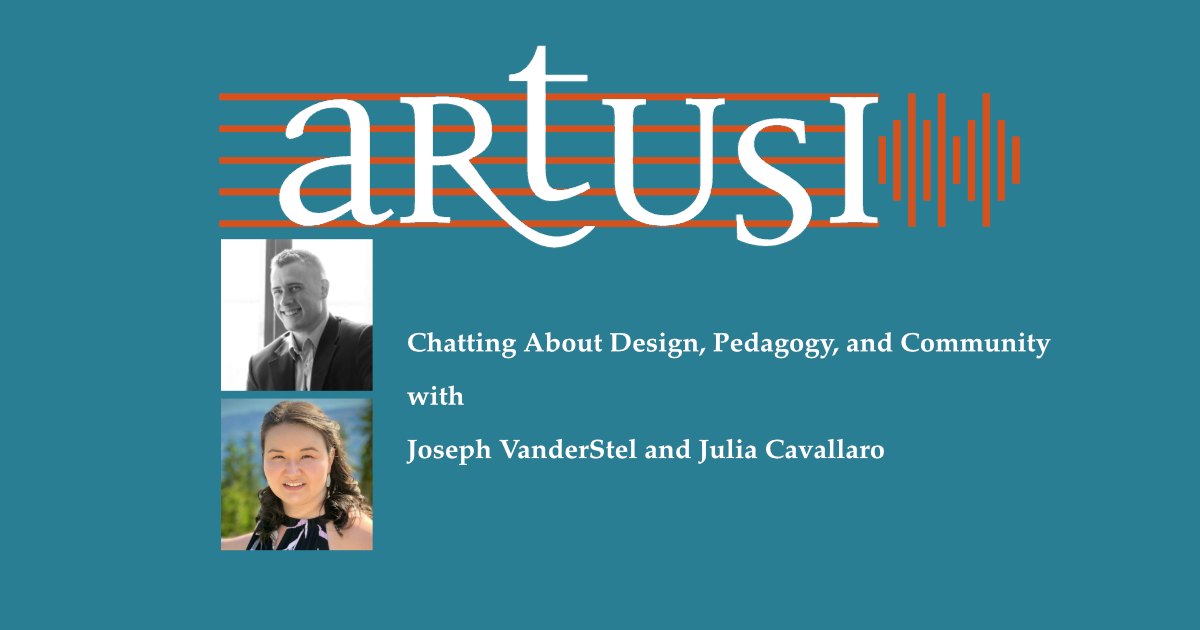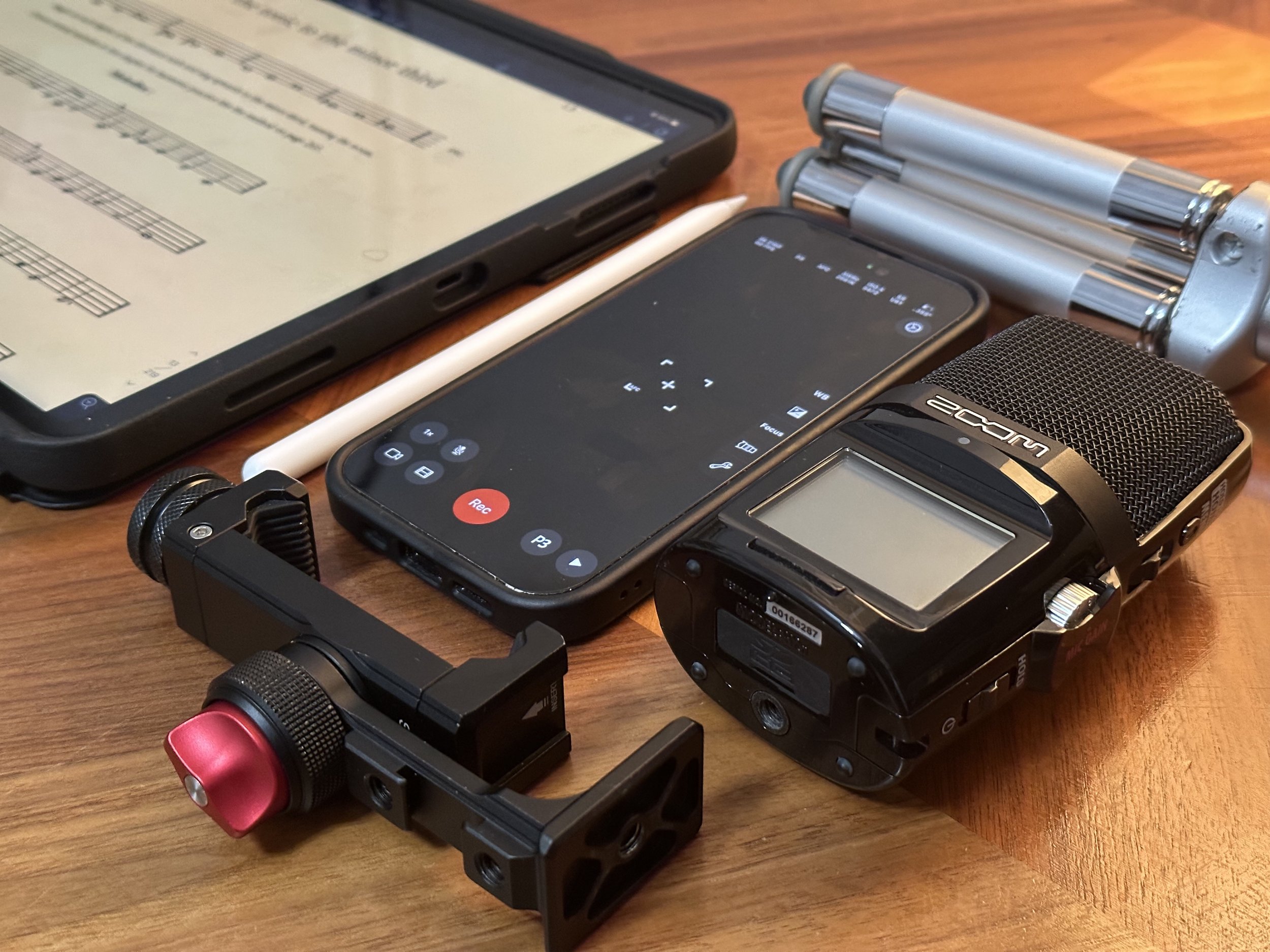
Writing
Alexander Ishov is deeply interested in the communicative function of technology, exploring the intersection between interface design, accessible pedagogy, and electronics. He writes about performer-composer collaboration through the lens of interaction design, exploring the ways social structures mediate communication.
Read his Doctoral Qualification Exam Paper Series, “Translated, Altered, Designed.”
Fueled by his desire to be a more effective, flexible, and empathetic music theory teacher, Alexander always looking for the latest innovations in educational music technology to create dynamic, personalized, and fun classroom environments.
He writes about his performance, research, and teaching work (and much more!) in his research blog, which you can check out below.
Review: A First Look at Apple Music Classical
Apple Music Classical is a welcome addition to the streaming world, but definitely feels like a beta product in its current state. In this article, I focused specifically on its search and filter features, writing from my perspective as a professional musician. I identified a few limitations of currently available content, and issues with the design logic. While I think these are all possible to solve, it’ll depend on how committed Apple is to truly revolutionizing the discovery and exploration of classical music. I’m very curious what exclusive and curated content Apple’s creative partners will bring to this new product.
A Chat with Artusi’s VPs of Technology, Marketing, and User Experience
A chat with Artusi’s Joseph VanderStel (Vice President of Technology) and Julia Cavallaro (Vice President of Marketing & User Experience) about Artusi’s history, its mission, and where they are headed next.
Review: Artusi Interactive Music Theory and Aural Skills
Artusi is a browser-based, interactive, customizable music theory and aural skills textbook that offers a wide range of courses, from music fundamentals, all the way to atonal theory. This is an article about Artusi and its features, how I use it, and how it has transformed my teaching.
Music Theory Lecture Tech
When thinking about technology and interfaces, I like to think in terms of POVs: What do I see? What do my students see? When selecting tools for my classroom, I think about about elements of design I am drawn to, including: flexibility, modularity, and clarity. Defining what those mean to me made it much easier to choose what technology I bring into my lectures.
Music School in a Digital World
As music educators shift back to fully in-person, synchronous music instruction, what happens to the hardware and software (sometimes reluctantly) used during the pandemic? What lasting impact will remote and hybrid instruction have ont the future of music education?






